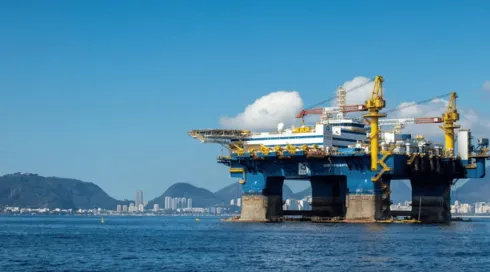4
Under the command of Fernando Coelho Filho since May 2016, the MME has been implementing changes in the oil sector in an attempt to attract new investments to the country. But how is this echoing abroad? An interview with Joris Steinberg, director of Atlas Professionals Brazil, in conversation with Brazil Energia Petróleo.
Opening
The big question is continuity: what will come after 2018? It is important for the government to make people aware of the reasons behind such measures as the end of Petrobras being the mandatory sole operator of oil fields, and the relaxation of local content requirements. There is no point in forcing the purchase of certain national goods and services if the local industry cannot provide them with a competitive term and cost. It is better to let the companies themselves choose to use local content through incentives provided by the government. Other countries that have adopted this methodology in the past, today do not need local content policies, because their internal market can now supply the demand at a competitive price.
Auctions
What I most hear is that companies want predictability, continuity and transparency. Clear rules with a well-defined auction schedule, no matter how many auctions a year. Most international companies in Brazil are here for the long run, and need a stable O&G exploration policy to build a sustainable business.
Investments
There is no doubt that Brazil has great potential and advantages over other emerging countries, such as China, Russia and India, for example the greater proximity to the Western world in cultural and language terms, and the fact that it is a democracy, despite a very young one, with strong institutions.
.png)
.png)


